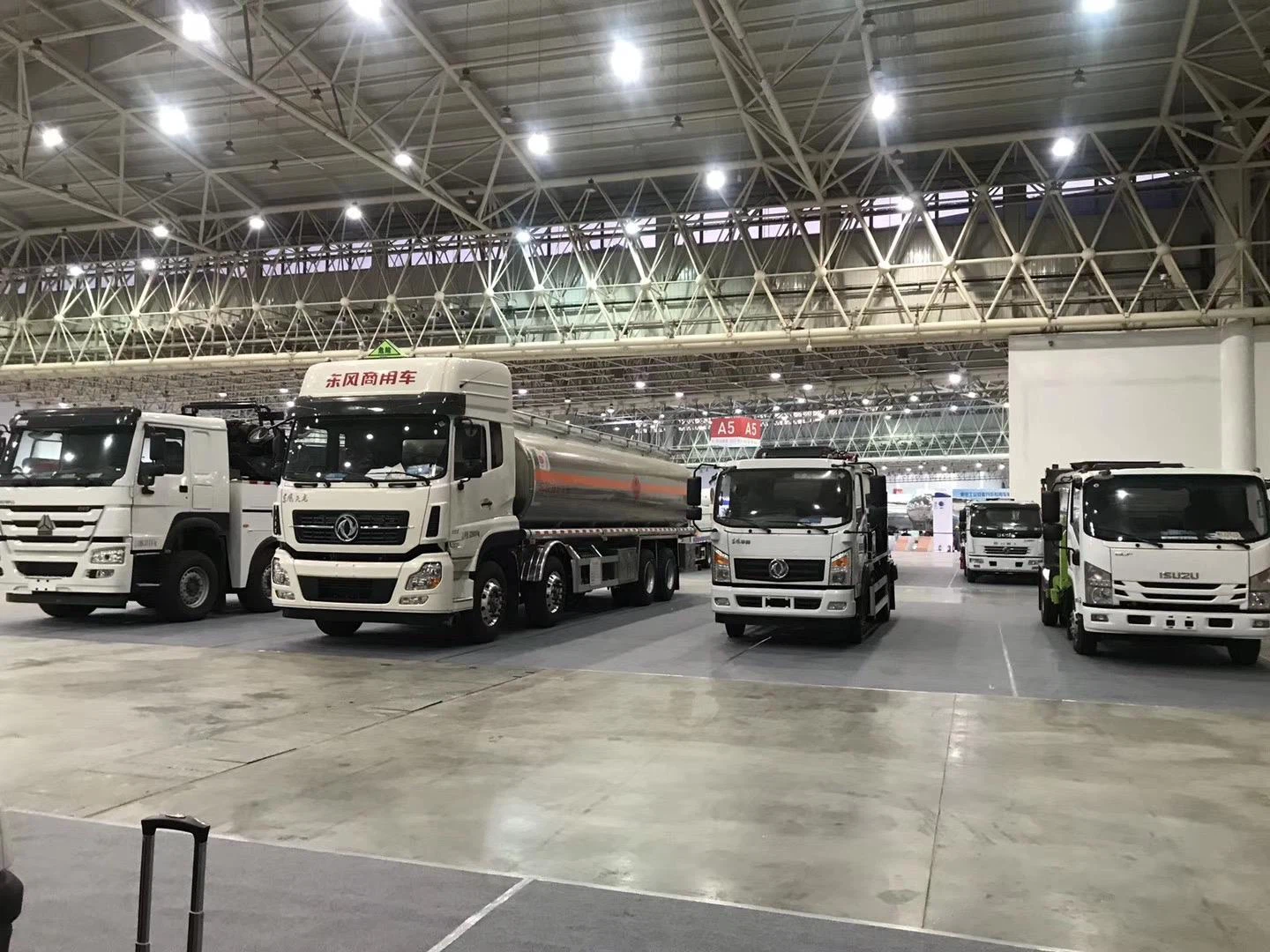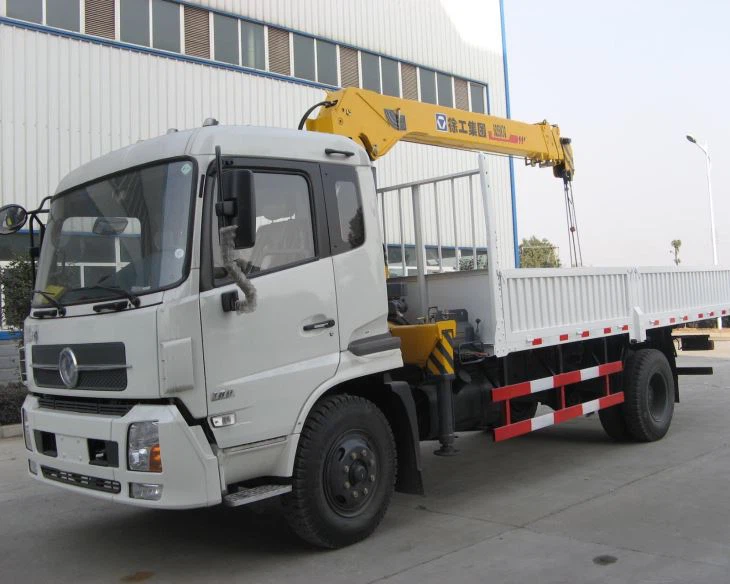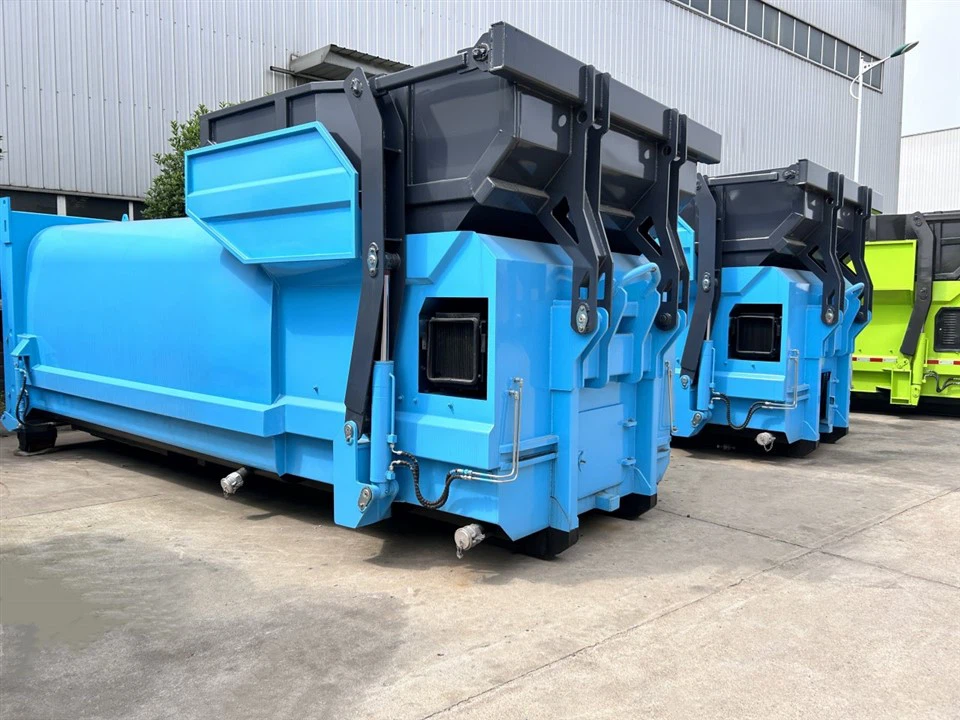Exploring the Truck Industry: Trends, Challenges, and Future Prospects

The truck industry is a vital component of the global economy, responsible for transporting goods across various distances—be it locally or internationally. This article delves into the multifaceted world of the truck industry, highlighting its significance, current trends, challenges, and the future landscape as we approach 2024 and beyond. Understanding the truck industry not only aids businesses but also individuals interested in logistics, transportation, and economic development.
Understanding the Truck Industry
The truck industry encompasses all businesses and activities related to the freight transportation of goods. Trucks serve as the backbone of logistics and distribution networks worldwide, moving over 70% of freight tonnage in the United States alone. To better understand this industry, let’s break it down.
Types of Trucks in the Industry
Trucks come in various sizes and types, each designed for specific transportation tasks. The main categories include:

- Light-Duty Trucks: Includes pickups and vans often used for delivery services.
- Medium-Duty Trucks: Generally used for urban deliveries, these include box trucks and some flatbed trucks.
- Heavy-Duty Trucks: Primarily used for long-haul freight, these vehicles can carry large loads and include tractor-trailers.
Key Players in the Truck Industry
The truck industry is made up of various stakeholders, including:
- Manufacturers: Companies that produce trucks, like Ford, Freightliner, and Volvo.
- Freight Carriers: Businesses that own and operate fleets to transport goods, such as FedEx and UPS.
- Logistics Firms: Organizations that manage the supply chain aspects, including routing, shipping, and warehousing.
Current Trends in the Truck Industry
As the industry evolves, several trends have emerged, shaping how trucks are manufactured, operated, and integrated into the supply chain.

1. Technological Advancements
The integration of technology in the truck industry is transforming operations.
Examples include:
- Telematics: Systems that monitor vehicle location, speed, and engine performance, enhancing fleet management.
- Autonomous Trucks: Companies like Waymo and Tesla are testing self-driving technology, which could revolutionize freight transportation.
- Electric Trucks: With a focus on sustainability, electric trucks from companies like Rivian and Nikola are entering the market. These trucks offer lower operating costs and reduced emissions.
2. Sustainability Initiatives
The movement towards sustainability is significant for the truck industry.
Many companies are adopting cleaner technologies to reduce their carbon footprint, including:
- Alternative Fuels: Adoption of biodiesel, ethanol, and hydrogen fuel cells.
- Enhanced Aerodynamics: Innovations in truck design to minimize drag and improve fuel efficiency.
3. Growing E-commerce Impact
The rise of e-commerce is significantly influencing the truck industry.
- Increased Demand: As online shopping grows, so does the need for reliable delivery services.
- Last-Mile Delivery Solutions: Companies are investing in smaller, more agile trucks to enhance last-mile delivery capabilities.
Challenges Facing the Truck Industry
While the sector experiences growth and innovation, it also faces several challenges that must be addressed.
1. Driver Shortages
A significant challenge in the truck industry is the shortage of qualified drivers. According to the American Trucking Associations, there is a growing need for drivers, with projections indicating a shortage of over 160,000 drivers by 2028.
2. Rising Fuel Costs
Fuel costs directly influence the operating expenses of trucking companies. Fluctuations in oil prices can substantially affect profitability.

3. Regulatory Compliance
The trucking industry must adhere to various regulations that govern safety, emissions, and operational practices. Keeping up with these regulations can be resource-intensive for companies.
Future Prospects for the Truck Industry
Looking ahead, the truck industry is poised for transformation. Potential developments include:
1. Increased Automation
Automation promises to enhance efficiency, although it also presents challenges related to job displacement and training.
2. Advances in Connectivity
Future trucks will likely be more connected, utilizing IoT technology for real-time tracking and optimization of routes.
3. Investment in Infrastructure
Governments may boost investments in infrastructure to accommodate advances in transportation technologies.
Practical Tips for Success in the Truck Industry
For individuals or businesses looking to succeed in the truck industry, consider the following tips:
1. Embrace Technology
Invest in telematics and fleet management systems to optimize operational efficiency and reduce costs.
2. Focus on Safety
Regular training and adherence to safety protocols can prevent accidents and lower insurance costs.
3. Build Strong Partnerships
Collaborate with suppliers and logistics firms to enhance service offerings and expand network capabilities.
Case Studies: Companies Leading in the Truck Industry
1. UPS: A Leader in Logistics and Sustainability
UPS has integrated advanced technology into its logistics operations, ensuring efficient delivery routes while also investing in alternative fuel sources, including electric delivery vehicles.
2. Tesla Semi: Revolutionizing Freight with Electric Trucks
Tesla’s venture into the truck industry with the Semi aims to provide an all-electric transportation solution that reduces operational costs and emissions, capturing the interest of major corporations.
FAQs about the Truck Industry
1. What is the average salary of a truck driver?
The average salary varies by experience, type of driving, and region but generally ranges between $45,000 to $70,000 per year.
2. How does e-commerce impact the truck industry?
The rise of e-commerce has accelerated the need for efficient delivery systems and last-mile delivery solutions, increasing demand for trucks.
3. What measures can trucking companies take to ensure safety?
Implement regular training, adhere to maintenance schedules, and enforce strict safety protocols.
4. What are the main types of trucks used for freight transport?
Main types include light-duty trucks, medium-duty trucks, and heavy-duty trucks, each serving unique purposes in freight transport.
5. How are companies addressing driver shortages?
Companies are enhancing driver benefits, providing training programs, and offering competitive salaries to attract new drivers.
6. What role do regulations play in the truck industry?
Regulations govern safety standards, emissions, and operational practices, ensuring that companies maintain compliance and uphold industry standards.
